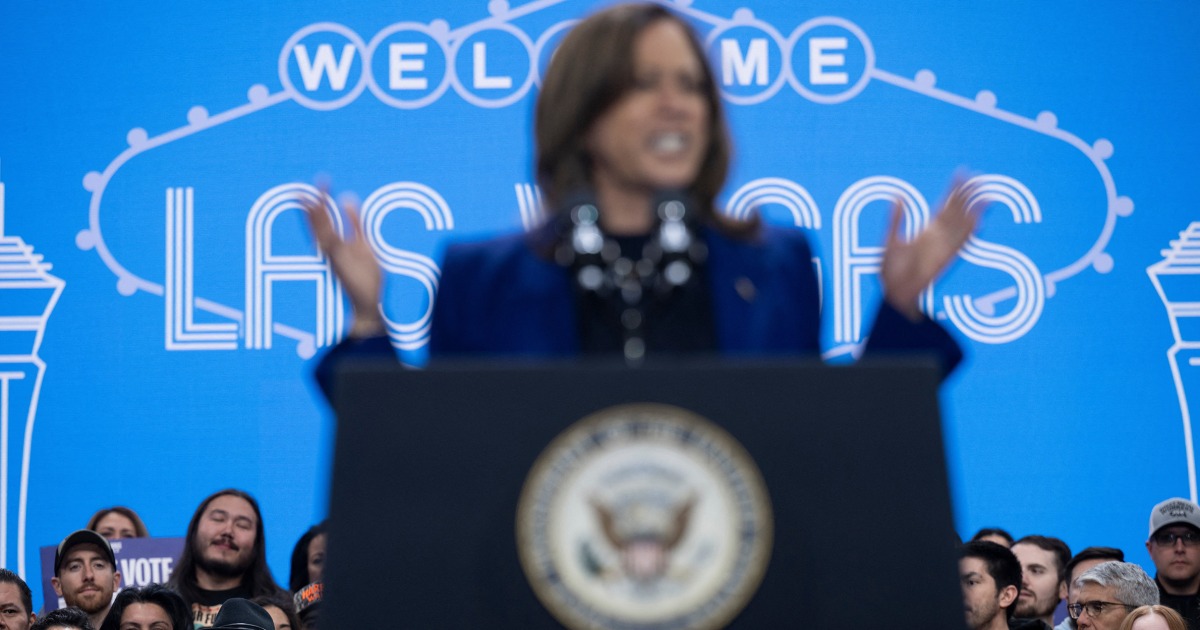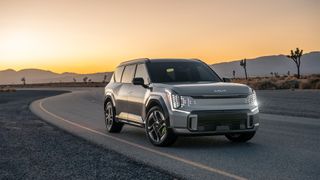
THE US looks set to introduce a technological advancement to solve a major road issue by allowing cars to "talk to each other". Official targets are for 75% of the country covered by the software within the next 12 years. Department of Transport figures show that there were 42,514 motor vehicle fatalities in 2022, the last year data is currently available for.
That's an increase of about 25% on 2012 levels and one of the highest totals for any of the last 20 years. As a result, the DOT is looking into taking radical action to bring road deaths back under control. Not just that, officials have stated it is their goal to reduce them to "the only acceptable number: zero".
READ MORE MOTORS NEWS One solution being pushed by the department is the widespread adoption of so-called "vehicle-to-everything" (V2X) software. In basic terms, the programme allows cars to communicate with road infrastructure and each other to send and receive vital safety information. Transmitters could be placed at intersections and on the roadside to broadcast to passing cars, letting drivers know things like the speed limit and traffic conditions up ahead.
It would also let infrastructure interact differently with particular routes or vehicles to help traffic flow better and improve access. Most read in Motors For example, in the Czech Republic , where some elements of V2X have already been implemented, traffic lights are able to respond adaptively to allow emergency vehicles to reach incidents faster. The lights can detect an emergency vehicle approaching and hold traffic in other directions to provide a clear way through for first responders.
The DOT aims to have V2X coverage on 75% of America's intersections within the next 12 years. But there has been no confirmation yet on what the upgrades would cost and how they would be financed. The department is already funding a trio of project in Houston , TX, Phoenix, AZ and the I-80 in Utah, each at $20 million.
However, British firm ABI Research suggests that there would need to be coverage of about 70% for vehicles to have a 50% chance of communicating properly. So it's unlikely to be fully rolled out any time soon. It comes as drivers are facing $250 fines under a new "automatic ticket" program designed to crack down on nuisance parking.
.














